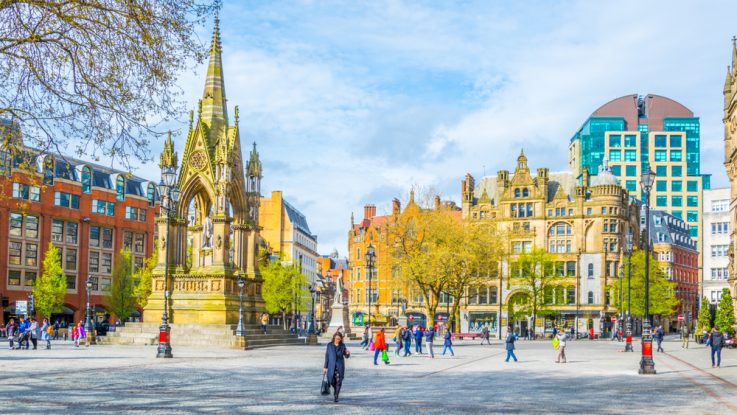
The City Council of Birmingham, England has created a fund to help improve air quality, using revenue generated from the city’s clean air zone. The Brum Breathes Fund is designed to support projects that improve air quality, encourage active travel, along with helping to raise awareness of the impact poor air quality can have on the health of its residents. The fund will provide single-member council wards with up to £20,000 (~US$24,782) per year and two-member wards with up to £40,000 (~US49563) per year, each for the next two years.
“We’re committed to helping our residents to achieve their full potential by improving the quality of the air they breathe,” said councilor Liz Clements, who is the cabinet member for transport at Birmingham City Council. “The Brum Breathes Fund will provide support to local councils and community groups to improve air quality in every corner of the city. Through the fund, we’re looking to invest in projects such as cycle racks, school traffic exclusion plans, sustainable transport measures and a range of other great ideas for delivering the benefits of clean air to everyone.”
Birmingham’s Clean Air Zone began in the summer of 2021 and is a type ‘D’ zone, which includes most vehicle categories (except for motorcycles). Since its launch, the percentage of chargeable vehicles entering the zone has more than halved, showing that a significant number of people have changed their driving behavior as a result of its introduction. The Zone generates revenues from two sources: the daily fee that applies to vehicles that do not meet its emission standards, and from penalty charges for non-payment of the correct daily fee within the 13-day payment window. All of these revenues must be used to cover the operation of the scheme, with all net surplus revenues being re-invested in local transport-related and policies.
To date, these revenues – over £52m (~$US64.5m) – have been used for projects such as: a trial of hydrogen buses; upgrades to the university train station and improvements to stations on the Camp Hill line; projects within the Cross-City Bus scheme; expansion of the Car Free School Streets program; development of the next phase of the Birmingham Cycle Revolution; and now the creation of the Brum Breathes Fund.